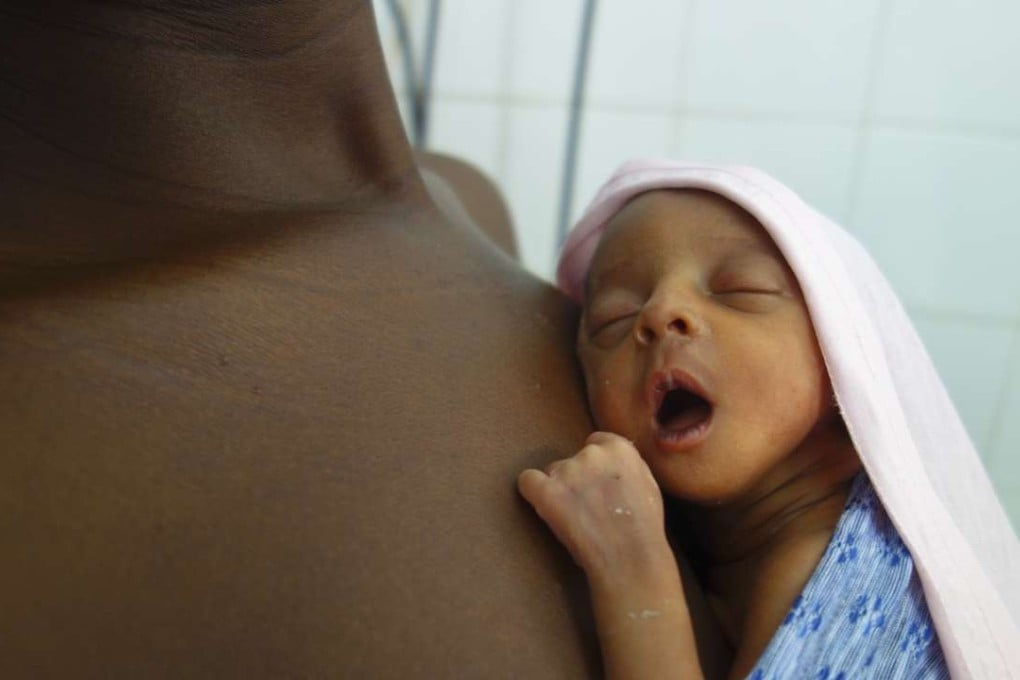How ‘kangaroo care’ can benefit premature babies, with discernible results even 20 years later
A new study claims that kangaroo care – also known as skin-to-skin care – can bring immediate and longer-term benefits to babies compared to those who received traditional incubator care alone

A newborn is held against one’s chest, skin-to-skin, as soon as possible after birth and for a prolonged period of time. Though it’s a simple act, new research shows this technique, known as kangaroo care, not only improves survival of premature babies but also helps them thrive – even 20 years later.
The study, published last month in the journal Paediatrics, found that kangaroo care children two decades later are better behaved and have larger brains, higher pay cheques and more protective and nurturing families, compared to premature and low birthweight contemporaries who received “traditional” inpatient incubator care.
Parents of premature infants urge Hong Kong government to cut queues for early childhood help
“This study indicates that kangaroo mother care has significant, long-lasting social and behavioural protective effects 20 years after the intervention,” says lead researcher Dr Nathalie Charpak of the Kangaroo Foundation in Bogota, Colombia.
Supported by the government of Canada through the “Saving Brains” programme of Grand Challenges Canada, as well as Colombia’s Administrative Department of Science, Technology and Innovation, the study compared 18- to 20-year-olds who were enrolled in 1993-96 as premature and low birthweight infants. They were randomly assigned at birth to receive either kangaroo mother care or traditional incubator care until they could maintain their own body temperature.

Researchers documented the short and medium-term benefits of kangaroo care training on the infants’ survival, brain development, breastfeeding and the quality of mother-infant bonding. Then, 20 years later, in 2012-14, 264 of the original participants who weighed less than 1,800 grammes at birth (61 per cent of the infants) were re-enrolled.